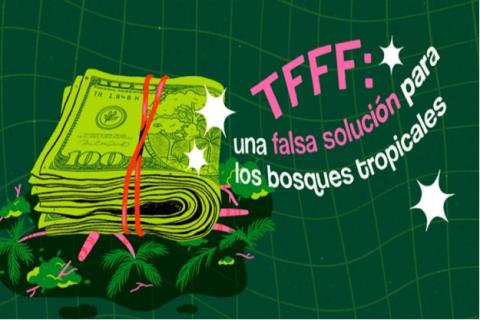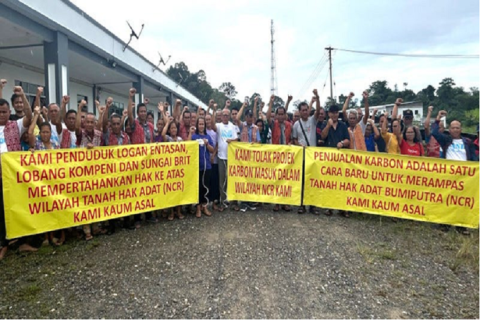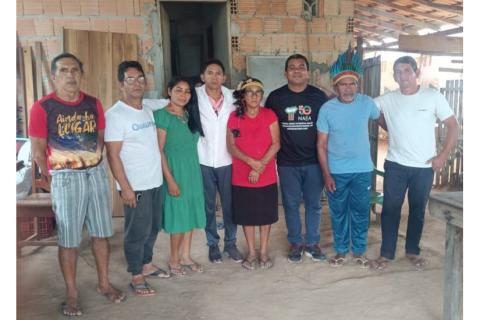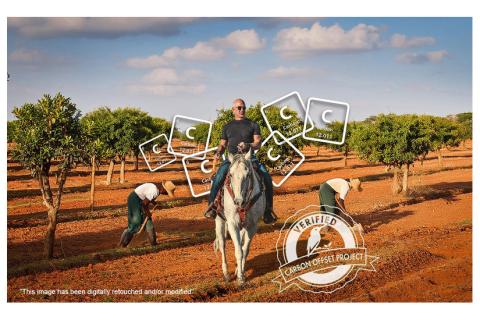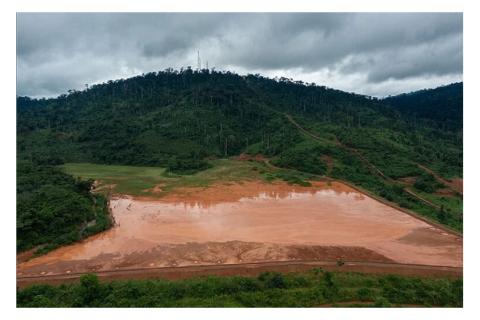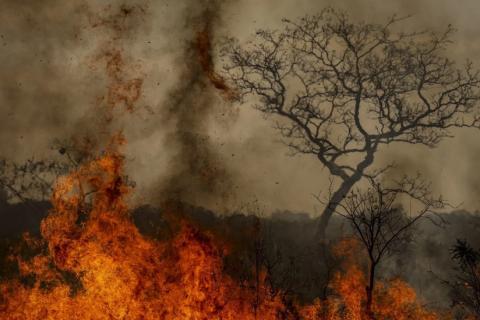The All India Conference of Forest Movements was held in Nagpur, India, from 5-7 April, 2025, bringing together over 400 representatives of Adivasi - Indigenous Peoples - and forest-dwelling communities from 14 states across India to share experiences, challenges and strategies. With a powerful presence of women, participants reported the systemic violations and threats they are facing, including harassment, forced evictions to create protected areas, the commodification of forests along with the advance of extractive projects.
Other information
On the side-lines of the UN climate conference in 2023 in the United Arab Emirates, the government of Brazil introduced the “Tropical Forests Forever Facility” (TFFF). The fund, an idea initially thought up by the World Bank in 2018, is expected to be launched at the 2025 UN climate conference in the Amazon city of in Belem, in Brazil. Private sector and public investments and donations would provide the seed capital for financial managers to speculate on capital markets.
Communities in the Apouh à Ngog region of Edéa, Cameroon, continue to resist the violence of the Socapalm company (a subsidiary of SOCFIN) and heavily armed soldiers who seek to prevent the community from recovering a portion of their ancestral lands for food crops, after years of occupation by industrial oil palm plantations. International and national opinion must be vigilant and keep an eye on this situation.
Samling is a notoriously destructive Malaysian logging, plantations and construction company which has faced decades of opposition from indigenous peoples such as the Penan and the Kenyah for destroying their customary lands. In December 2023, the Samling subsidiary SaraCarbon listed a carbon project in the Malaysian state of Sarawak in the registry of the carbon standard provider Verra.
Meticulous research conducted by the New Social Cartography of the Amazon Project in conjunction with traditional communities in the upper Acará River area over the course of five years has resulted in the dossier “Indígenas Turiwara Tembé no alto rio Acará: conflitos étnicos e territoriais”. This outstanding work describes in detail the history and resistance struggles of traditional communities in this part of Pará, proving that the Turiwara Tembé belong in the territory they have demanded for many years.
Climate change is not a natural disaster. It is the result of decisions, practices and policies adopted and maintained by a relatively small number of actors, primarily for their own interests. Its consequences, however, are global and have the most significant impact in places and on communities that bear the least responsibility for creating the crisis.
COP29 approval of Article 6.4 is “opening the floodgates for a global carbon market that will have devastating impacts on communities in the Global South”
In her latest book, Cassandra, a long-standing activist against the carbon markets, puts together important information about the “overdose” of false solutions to the current climate emergency. Who is responsible for the current crisis? What have they done to get rid of their responsibility while making profits and destroying peoples’ livelihoods? By presenting past and recent cases, the book provides an anti-colonial analysis of the environmental crises and highlights Indigenous and forest-dependent peoples’ resistance.
The growing trend of corporations, particularly in the tech and agribusiness sectors, investing in carbon offset projects through tree planting is leading to large-scale land grabs in the global South. In this recent article, the organisation Grain shows that the rise in tree planting projects, fueled by corporate demand for carbon credits, has led to over 9.1 million hectares being targeted for conversion, primarily in Africa and countries like Brazil and India.
Mozambique's Zambezia Integrated Landscape Management Program (ZILMP) was launched in 2019 to combat climate change and reduce deforestation in nine districts, aiming for $50 million in carbon credit revenues by 2024. In this publication, the Centre for Public Integrity (CIR) shows that six months before its ending, the initiative achieved only 25% of emissions reduction and 14% of revenue targets, with minimal benefits reaching local communitie
Reflections on the ruling on carbon credits in the Colombian Amazon, by Censat Agua Viva.
The Articulação Agro é Fogo, which brings together social movements, organisations and pastoralists who have been working for decades to defend the Amazon, Cerrado and Pantanal and the rights of their peoples and communities, has released an open letter.

